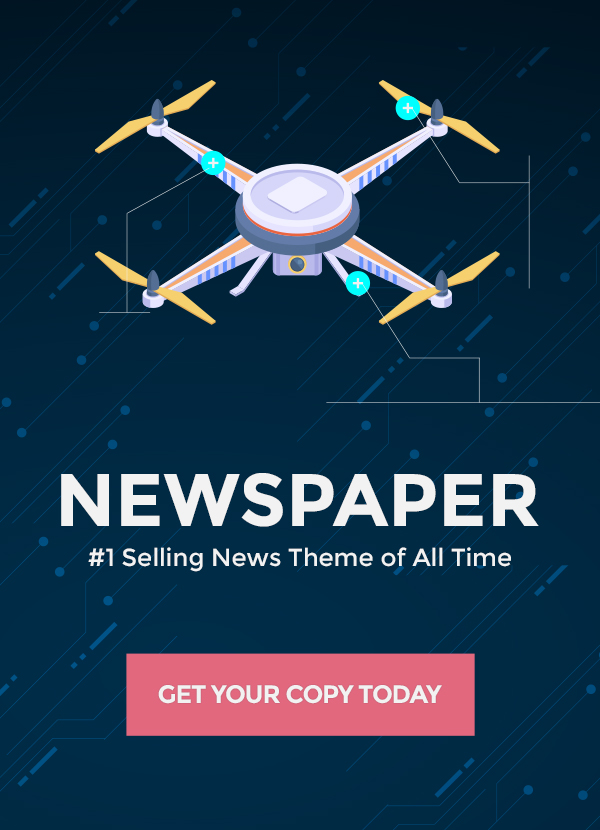New artificial intelligence (AI) systems like Google’s LaMDA and OpenAI’s GPT-3 are powered by deep learning algorithms. These algorithms need massive amounts of text data to “train” the AI models. The more data they have, the more accurate and useful the AI becomes.
To get this huge amount of text data, tech companies like Google and OpenAI are scraping content from websites without permission. They use bots to copy text, articles, books, Wikipedia entries, Reddit posts – any online text they can access. This Web scraping fuels the development of AI systems but raises legal and ethical questions.
Publishers now face the challenge of controlling how their content is used to train these AI models. Google recently announced an opt-out for publishers, but the limited options mean websites will likely continue being scraped unless admins forcefully stop it.
Google’s Extensive Web Scraping to Train AI
Google has admitted to silently scraping the internet to train AI models. The text and data they’ve copied without permission are used to improve products like Google Assistant and language systems like LaMDA (Language Model for Dialogue Applications).
LaMDA is viewed as Google’s answer to OpenAI’s famous GPT-3. Both are “generative AI” that can generate new text after training on millions of websites, books, and online posts. Google’s latest AI system PaLM (Pathways Language Model) is also trained by scraping online text and data.
Google recently announced publishers can opt out of the scraping by modifying their websites’ robots.txt file. However, they have not shared exactly how this opt-out works. Publishers are left in the dark, unclear on how to stop Google’s AI scraper.
Also Read: How to Make Money with ChatGPT’s AI Capabilities
OpenAI Also Scrapes Extensively for GPT Models
OpenAI likewise scrapes the internet to train its GPT (Generative Pre-trained Transformer) models. GPT-3 is the most advanced and well-known, able to generate articles, stories, and computer code after “reading” millions of online pages.
OpenAI’s web scraper is called GPTBot. It copies text, books, Wikipedia, Reddit, and any site it can access. The data feeds the AI models. For GPT-4, OpenAI admits to using 45 terabytes of scraped training data.
Unlike Google, OpenAI has been more transparent about GPTBot. They’ve provided a sample code for website admins to easily opt-out and block the scraper. But for most publishers, the damage is already done – their sites have been scraped without consent.
Major Legal Issues Around Scraping of Copyrighted Material
Tech companies scraping copyrighted content from the web raises major legal concerns. Google and OpenAI now both face lawsuits alleging massive copyright infringement related to the AI training data.
Scraping online text and media without permission violates copyright law in many cases. Publishers own their articles, papers, images, and other content. The law gives them control over how it’s reproduced and used. Wholesale scraping denies publishers their rights.
Using copyrighted material without consent to develop profitable AI products is ethically dubious. It potentially costs publishers revenue since the content is used for free. More transparency and consent is needed around data collection for AI training models.
Also Read: ChatGPT Please Stand by Error: A Step-by-Step Guide to Fixing It
How Publishers Can Try to Stop the Scraping
Publishers have limited recourse to stop tech giants from scraping their sites. Google says admins can opt out by modifying the robots.txt file on their server. This file gives instructions about what automated bots can access.
However, Google has not shared technical specifics on how to implement this opt-out. There is little clarity on how website owners can leverage robots.txt to actually block Google’s AI scraper. The opt-out solution seems more public relations than a workable technique for publishers.
For OpenAI’s GPTBot, the options are clearer but still limited. Adding code to the robots.txt file using OpenAI’s sample instructions can block the AI bot. But for many publishers, significant damage has been done already through the unchecked scraping.
Conclusion
The insatiable data demands of new AI systems are fueling increased web scraping by tech companies. Publishers face real challenges in controlling how their content is copied and used without permission for AI training models.
Opt-out options like robots.txt provide some measure of control but remain limited in effectiveness. Until more meaningful solutions emerge, websites will likely continue being scraped to improve AI systems.
The legal and ethical issues around scraping copyrighted material without consent remain unresolved. As AI progresses, tech companies need to balance innovation with content creators’ rights and greater transparency around data collection. Publishers scrambling to opt out is not a sustainable status quo. More collaborative frameworks are needed to equitably progress AI technology.

